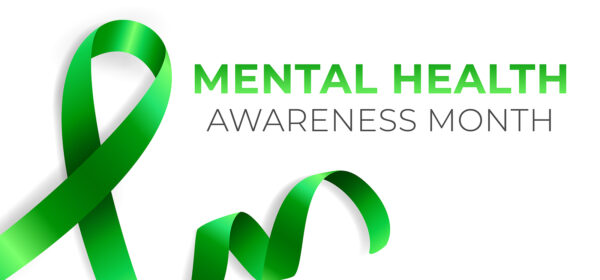Mental Health Awareness Happens Every Day at JFCS
May is widely recognized as Mental Health Awareness Month, a time dedicated to creating a more open dialogue about the importance of mental well-being and eradicating the stigma associated with mental health. At JFCS, this month holds great significance.
The United States is grappling with significant challenges in mental health following the COVID-19 pandemic, as individuals face increased levels of anxiety, depression, and post-traumatic stress disorder. There’s also growing recognition of the racial inequalities in mental health support, highlighting the urgent need for comprehensive and equitable support systems to address the unique experiences and needs of marginalized communities.
Through individual, group, and family therapy sessions, our team of compassionate clinicians at JFCS work each day to help individuals and families find healing. It’s our mission to help individuals improve their overall quality of life through a holistic approach that empowers them to take charge of their mental well-being.
Mental Health Awareness Month is a time when communities worldwide come together to spread awareness, educate, and work to break down barriers to mental health challenges. And while many use this month as an opportunity to prioritize mental health, at JFCS, our hope is that society learns to support those around us EVERY DAY!
Here are five things you can do to support someone with mental health challenges:
- Stay connected and offer support: Regularly check in, offering a listening ear or a shoulder to lean on. Simple gestures like sending encouraging messages or planning activities together can make a significant difference.
- Listen actively and non-judgmentally: Be present and avoid making assumptions or passing judgment. Validate their experiences and emotions, letting them know that you are there to support them.
- Educate yourself: Take the time to learn about the particular mental health condition the person is facing to better understand their experiences and challenges.
- Encourage professional help: Offer to help them find resources such as those at JFCS. You could even accompany them to appointments, if they feel comfortable with your support.
- Be patient and practice self-care: Recovery from a mental health crisis takes time. Understand that healing is a process and be patient with the person. Take care of your own mental health needs by seeking support, setting boundaries, and practicing self-care to ensure you are better equipped to help others.
Remember, while you can provide support, it’s essential to respect the person’s autonomy and boundaries. If the person is in immediate danger or experiencing a severe crisis, it’s crucial to involve emergency services as appropriate.
As Mental Health Awareness Month takes center stage each May, JFCS is working each and every day to not only reduce the stigma surrounding mental health and work with those struggling to help create a community where individuals and families can thrive.
To find out more about JFCS Family Stability and Clinical Services, click here.
